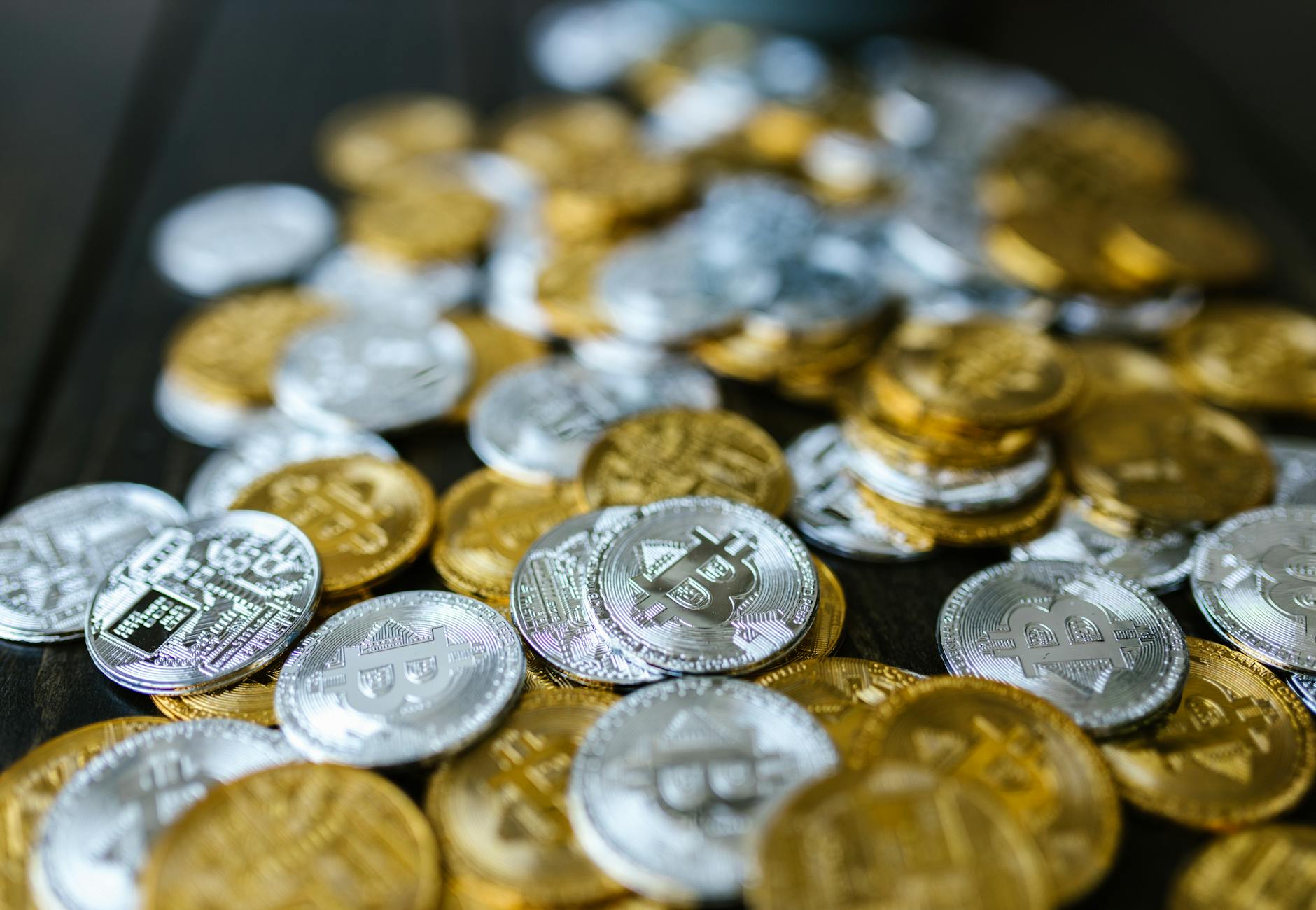Brazil Considers Taxing Crypto For International Payments To Boost Revenue
- Get link
- X
- Other Apps

Brazil Eyes Crypto Tax for International Payments: Investor Implications
📌 Event Background and Significance
Brazil is considering taxing cryptocurrency transactions used for international payments to close loopholes in its foreign-exchange tax system. This move, first reported by Reuters, aims to expand the country's financial transaction tax (IOF) to include cross-border transfers involving crypto assets, particularly stablecoins.
Historically, Brazil has struggled with tax evasion related to foreign-exchange transactions. Currently, crypto transactions are not subject to the IOF tax, although investors pay income tax on capital gains exceeding a monthly exemption. The proposed taxation seeks to address this gap, potentially increasing public revenue as Brazil works to meet fiscal targets. The rapid growth of Brazil’s crypto market, especially the use of stablecoins like USDT, makes this a significant regulatory target.
📊 Market Impact Analysis
📜 The potential imposition of the IOF tax on crypto transactions could have several short- and long-term effects on the crypto market. In the short term, expect increased price volatility as investors react to the news and adjust their strategies. Long-term, this regulation could reduce the attractiveness of stablecoins for Brazilians using them to maintain dollar balances or facilitate international payments. This could lead to a shift in investor sentiment and potentially a decrease in the volume of stablecoin transactions.
⚖️ The stablecoin sector, particularly USDT, which dominates crypto transactions in Brazil, is likely to face transformation. The move by Brazil could also influence other countries to follow suit, creating a ripple effect in the global crypto regulatory landscape. Any increase in tax burdens will likely be passed on to the end user; a trend that will likely discourage new users to enter the market.
📌 Key Stakeholders’ Positions
Key stakeholders have varying perspectives on this issue. Brazilian lawmakers view this as a necessary step to close tax loopholes and increase revenue. Industry leaders within the crypto space argue that it could stifle innovation and drive crypto activity underground or offshore. Crypto projects, particularly those focused on stablecoins, are likely to lobby against the tax, highlighting the benefits of crypto in facilitating cross-border transactions.
The Brazilian government estimates it loses over $30 billion annually due to tax evasion through crypto transfers. A Federal Police official has emphasized that increased visibility of digital asset transactions would aid in levying import taxes and preventing the misrepresentation of import values. The central bank is implementing new guidelines effective February 2026, treating stablecoin transactions as foreign-exchange operations, but notes that specific tax obligations will be determined by Brazil’s federal tax authority.
| Stakeholder | Position | Impact on Investors |
|---|---|---|
| Lawmakers | Pro-Taxation | 📈 Increased compliance costs; potential decreased ROI. |
| Industry Leaders | Anti-Taxation | 💰 Potential shifts in market structure; innovation challenges. |
| Crypto Projects | Mixed | 💰 Regulatory adjustments; market volatility. |
🔮 Future Outlook
📜 In the future, the crypto market and regulatory environment in Brazil will likely evolve to accommodate these changes. There may be increased scrutiny and stricter regulations on crypto transactions, leading to enhanced compliance measures for crypto businesses. Potential opportunities could arise for companies offering tax compliance services or developing solutions to navigate the new regulatory landscape. Risks include decreased liquidity and increased costs for crypto users in Brazil.
📌 🔑 Key Takeaways
- Brazil is considering taxing crypto transactions used for international payments to close tax loopholes, potentially impacting the attractiveness of stablecoins.
- The proposed tax could lead to increased price volatility and a shift in investor sentiment as the market adjusts to the new regulatory environment.
- Key stakeholders have conflicting views, with lawmakers supporting taxation for revenue, while industry leaders fear stifled innovation.
- Future regulatory developments may include stricter compliance measures, creating both risks and opportunities for crypto investors and businesses.
- Investors should closely monitor tax regulations and prepare for potential changes in the crypto market.
The proposed crypto tax in Brazil is not merely a localized fiscal adjustment; it's a potential bellwether for how emerging economies will grapple with the rising tide of digital asset adoption. I predict we'll see a wave of similar regulatory explorations across Latin America within the next 12-18 months. Unlike developed markets, these nations face unique pressures: combating capital flight, increasing domestic revenue streams, and addressing the shadow economy, all of which crypto can inadvertently exacerbate. The Brazilian model, whether successful or fraught with unintended consequences, will serve as a case study. Specifically, I expect Brazil’s stablecoin transaction volumes to drop by at least 25% within a year of the tax implementation as users seek alternative methods. This drop will be followed by an increase in local decentralized exchange (DEX) activity to circumvent stringent regulations. The key takeaway: be prepared for regulatory whiplash as global jurisdictions try to tame the Wild West of crypto with measures that are often blunt and reactive.
- Monitor the specific guidance from Brazil’s federal tax authority to understand the exact implications for crypto transactions.
- Consider diversifying holdings into cryptocurrencies less likely to be affected by Brazilian regulations, such as Bitcoin, or exploring alternative stablecoins based outside of Brazil.
- Evaluate the use of decentralized exchanges (DEXs) as a potential alternative for cross-border transactions to mitigate the impact of taxes on centralized exchanges.
⚖️ Regulatory Arbitrage: Exploiting differences in regulatory frameworks between jurisdictions to gain a competitive advantage or avoid certain restrictions.
— Jean-Baptiste Colbert
Crypto Market Pulse
November 19, 2025, 06:13 UTC
Data from CoinGecko
This post builds upon insights from the original news article, offering additional context and analysis. For more details, you can access the original article here.
- Get link
- X
- Other Apps
